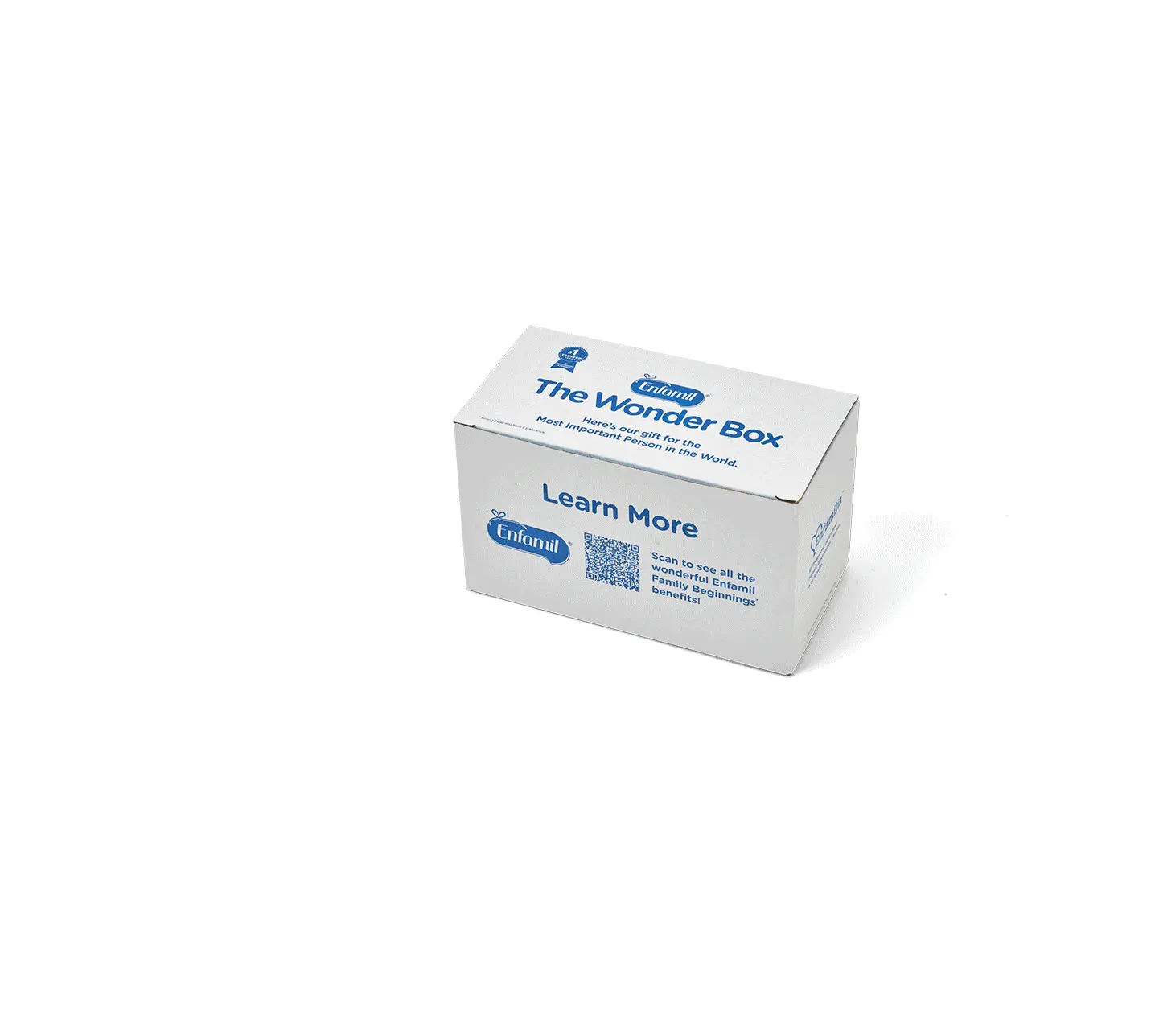
Whether your baby’s poops are few, frequent, or an odd color, stooling issues are not uncommon. Let’s take a look at baby bowel movements and how to identify a potential health concern.
Discover Reguline Discover NutramigenWhat should typical baby stools look like? Does your baby have diarrhea? Could your baby be constipated? When should you call a doctor? What can you do at home to help your little one feel better? Get the scoop on all things baby poop and explore our stooling resources.
Babies may experience these common stool issues:
Diet, medicines, illness, and underlying health conditions are a few reasons a baby may experience a bowel movement issue.
Constipation usually occurs when the stool remains in the colon too long, causing the stool to become dry, hard, and difficult to pass.
Constipation may be caused by the following:
Diarrhea is when your baby's tummy contents move through their digestive system so fast that the intestines are unable to absorb all the fluids.
Extra fluid in the digestive system can also produce loose stools. Diarrhea can happen due to:
Typical bowel movements vary from baby to baby depending on their age and whether they're breastfeeding, using formula, or eating solids. And what might signify a health concern in an adult, such as softer stools and straining, may be expected in a baby. How do you determine if your little one is experiencing a bowel issue? Keep an eye out for the following:
Call the pediatrician if you notice any of the above, as they could be related to an illness, cow's milk protein allergy, or other medical conditions. It's also important to monitor your baby for dehydration, which can quickly happen if they have diarrhea.

*Proven in Enfamil Infant Formula
‡Studied before the addition on DHA, ARA or LGG